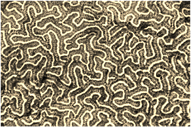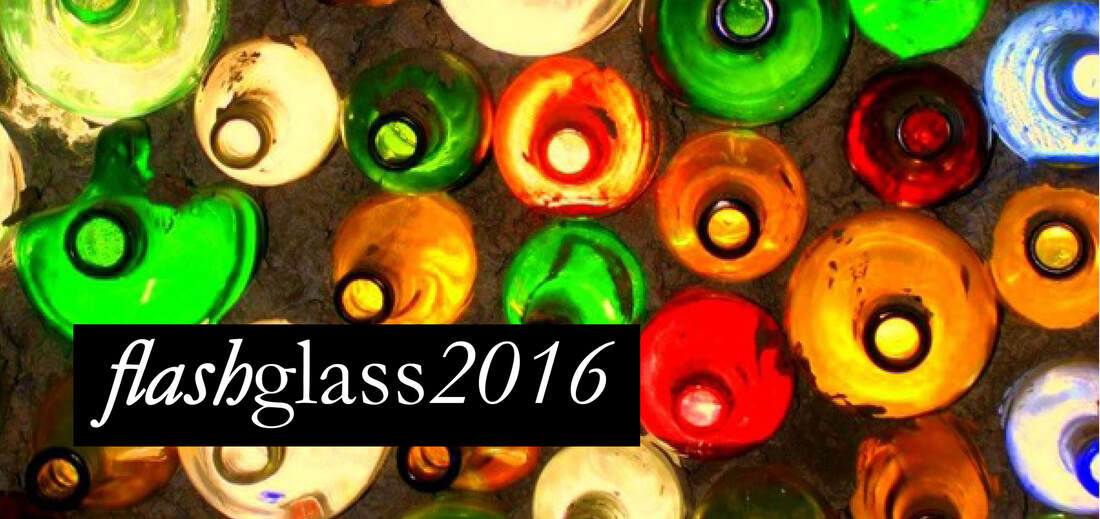 “The mind is a city like London,” said Delmore Schwartz. All gray matter and roundabouts. Bits of conversation with characters, vaguely familiar, walking too slowly, unsure of where to go next, pulling out their A-to-Z guides, trying to reacquaint themselves with how to get around, although how could you forget that, now hurrying to arrive at some chip shop by lunchtime. Curry stick and turkey patties and other difficulties. Someone is looking erratically at the fantastic architecture someone else erected centuries back and thinking: I could never do that. Before the drizzle draws attention. Details too trivial to mention on old brick buildings grab bystanders, possibly foreigners who like to practice talking. Don’t forget your French. Look left. Stop and make a note for future reference. Sirens moan while tubes turn hot and convoluted, but one has to continue. Keep calm and carry on no baggage through the afternoon sometimes turning, like the river, grim. Mind the gap between the asphalt and the water, the city and its story, history and literature: these fragments have been. And then the ruin, that is, collapse on the sofa in the lounge (come through!) in another winter with memories of minor poets. Tea might help the stomach. This tea tastes like the Thames. Didn’t Keats work at that hospital around the corner? But no matter, that is, no more. The sky turns pink and white, streaky as bacon, and will go dark by four o’clock, when the yellow sparkle of Canary Wharf lights up in the distance like a mini Manhattan. Sequins over the skyline all of a sudden, and time for dinner. Bubble and squeak, the day disappears. More work for tomorrow, more work. Cranes sway by the river. Time to trawl through the mud like memories. They have a group that meets. Scavenge roman coins, shark teeth. Something else to remember. Something else might be discovered. Or constructed. Before all the scaffolding comes down, and no one gets hurt. Even though the way out is not clear-cut. (Lamb Walk is not a shortcut.) But one goes on, doing his bit, trying to figure out what it is, while wishing for no worries, no knife attacks. But that’s all right, so many closed-circuit TV cameras. Someone will catch something eventually. And really: why can’t the mind be a city like New York?  Tara Deal is the author of That Night Alive: I’ve Come Close (forthcoming, winner of the 2016 novella prize from Miami University Press) and Palms Are Not Trees After All (winner of the 2007 novella prize from Texas Review Press). Her work has also appeared in Alimentum, failbetter, and West Branch, among others. She lives in New York City.
1 Comment
|
FLASH GLASS: A MONTHLY PUBLICATION OF FLASH FICTION, PROSE POETRY, & MICRO ESSAYSCategories
All
Cover Image:
|
|
Glassworks is a publication of Rowan University's Master of Arts in Writing 260 Victoria Street • Glassboro, New Jersey 08028 [email protected] |
All Content on this Site (c) 2024 Glassworks
|


 RSS Feed
RSS Feed
